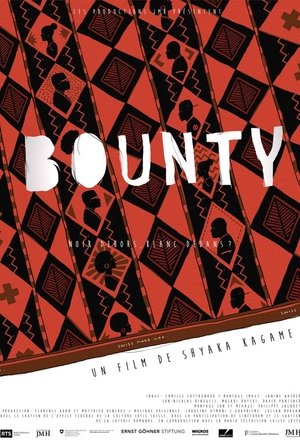
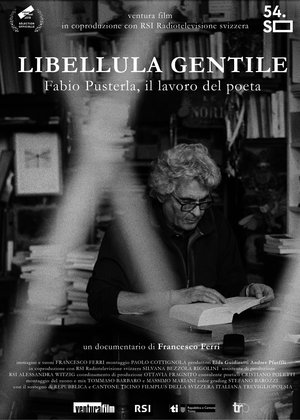
Libellula gentile. Fabio Pusterla, il lavoro del poeta(2018)
A film about the Swiss Italian poet Fabio Pusterla and his creative poetic process, his struggle to find an honest language, one which adheres to the personal experience and is able to unfold a hidden truth that creates a strong and profound bond with the other, with his public.


Movie: Libellula gentile. Fabio Pusterla, il lavoro del poeta
Top 1 Billed Cast
Himself
Video Trailer Libellula gentile. Fabio Pusterla, il lavoro del poeta
Similar Movies
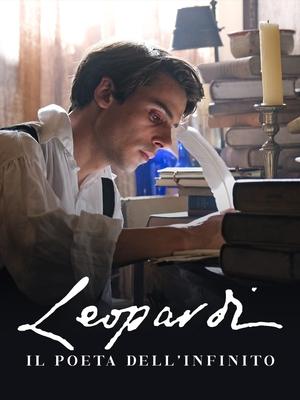 6.2
6.2Leopardi. The Infinity Poet(it)
Showcases the life of Giacomo Leopardi, an Italian poet known for his melancholic verses on fleeting happiness, existentialism, and human suffering.
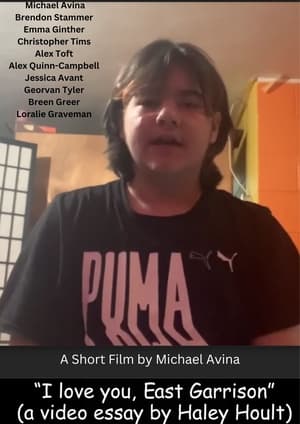 10.0
10.0I Love You, East Garrison (A Video Essay by Haley Hoult)(en)
Haley Hoult, a student of Est Harrison High, creates a sarcastic video essay about his school.
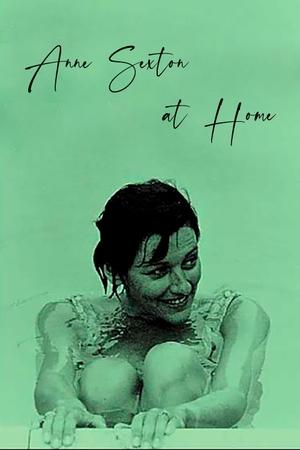 0.0
0.0Anne Sexton at Home(en)
A fourteen-minute documentary splitted in two parts where we can see Anne Sexton at her home reading, talking about poetry and about her family.
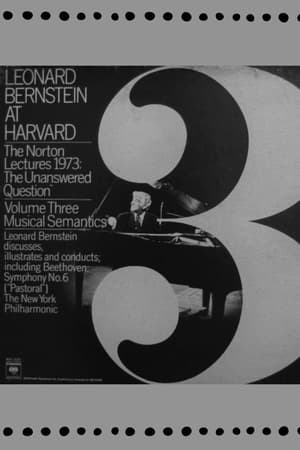 9.0
9.0The Unanswered Question III : Musical Semantics(en)
This series comprised six lectures on music, which cumulatively took the title of a work by Charles Ives, The Unanswered Question. Bernstein drew analogies to other disciplines, such as poetry, aesthetics, and especially linguistics, hoping to make these lectures accessible to an audience with limited or no musical experience, while maintaining an intelligent level of discourse:Semantics is the study of meaning in language, and Bernstein's third lecture, "musical semantics", accordingly, is Bernstein's first attempt to explain meaning in music. Although Bernstein defines musical semantics as "meaning, both musical and extramusical" this lecture focuses exclusively on the "musical" version of meaning.
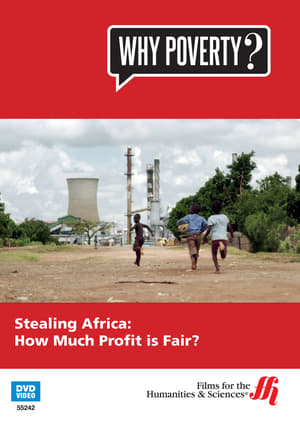 8.9
8.9Stealing Africa(en)
Zambia's copper resources have not made the country rich. Virtually all Zambia's copper mines are owned by corporations. In the last ten years, they've extracted copper worth $29 billion but Zambia is still ranked one of the twenty poorest countries in the world. So why hasn't copper wealth reduced poverty in Zambia? Once again it comes down to the issue of tax, or in Zambia's case, tax avoidance and the use of tax havens. Tax avoidance by corporations costs poor countries and estimated $160 billion a year, almost double what they receive in international aid. That's enough to save the lives of 350,000 children aged five or under every year. For every $1 given in aid to a poor country, $10 drains out. Vital money that could help a poor country pay for healthcare, schools, pensions and infrastructure. Money that would make them less reliant on aid.
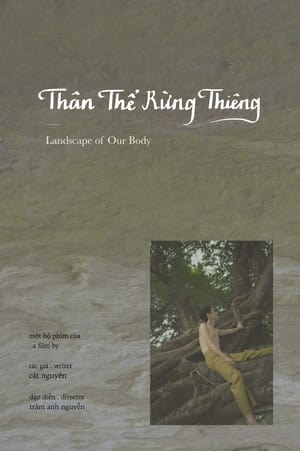 0.0
0.0Landscape of our Body(vi)
As queer trans and gender non-conforming children of the Vietnamese diaspora, we are fragmented at the crossroads of being displaced from not only a sense of belonging to our ancestral land, but also our own bodies which are conditioned by society to stray away from our most authentic existence. Yet these bodies of ours are the vessels we sail to embark on a lifetime voyage of return to our original selves. It is our bodies that navigate the treacherous tides of normative systems that impose themselves on our very being. And it is our bodies that act as community lighthouses for collective liberation. Ultimately, the landscape of our bodies is our blueprint to remembering, to healing, to blooming.
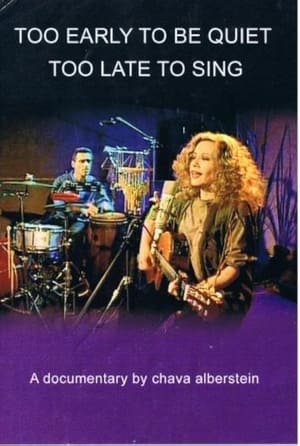 0.0
0.0Too Early to Be Quiet, Too Late to Sing(he)
Only a handful of Yiddish poets remain alive. Chava Alberstein sets out to interview those last writers of Yiddish poetry, to hear their poems and stories. Along the way, she sings a collection of Yiddish folk songs.
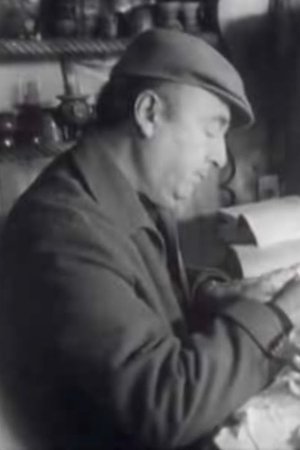 0.0
0.0I Am Pablo Neruda(en)
Examines the career and literary output of Pablo Neruda, who makes his home at Isla Negra on the coast of Chile. Includes views of Mr. Neruda reading many of his poems in the locales which inspired them.
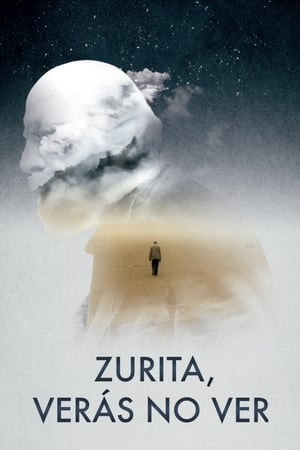 5.5
5.5Zurita, You Will See Not to See(es)
An account of the experiences by poet and National Literature Award laureate Raúl Zurita, during his travels and his daily life, as he reflects on topics such as state terrorism and death
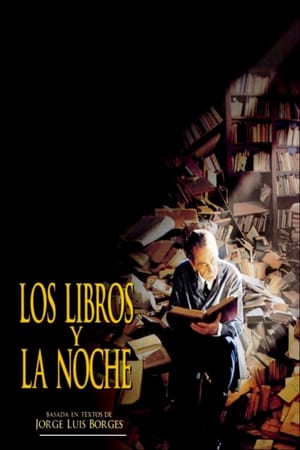 5.5
5.5The Books and the Night(es)
A dramatized approach to the Argentinian writer Jorge Luis Borges (1899-1986) through the recreation of some of his works and the staging of various aspects of his thought and his life.
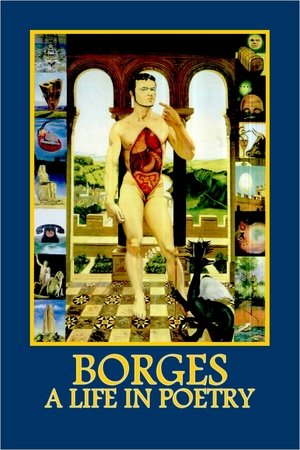 0.0
0.0Borges: A Life in Poetry(it)
A peculiar portrait of the Argentinean writer Jorge Luis Borges (1899-1986) drawn by the extravagant and original look of the Spanish writer Fernando Arrabal, who establishes a bold parallelism between Borges' work and opinions and his own creations, both literary and cinematographic.
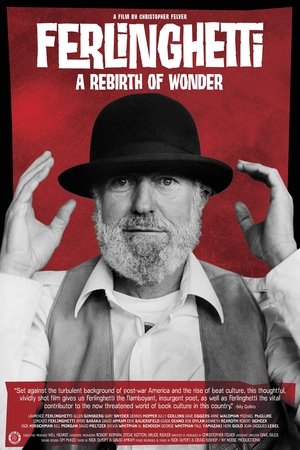 5.0
5.0Ferlinghetti: A Rebirth of Wonder(en)
The poet and painter, Lawrence Ferlinghetti, is among the world's living monuments to arts and letters. For well over a half century, Ferlinghetti helped shape the currents of poetry and literature with his forceful engagement with society and an ideological position that often found him at odds with the political currents of his day. Ferlinghetti's quiet, behind the scenes demeanor and disarming mien may have assuaged, or even fooled, certain opponents, while in reality he was a literary mercenary, a rebel at the forefront of our own cultural revolution.
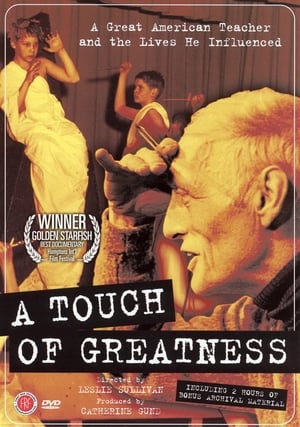 7.0
7.0A Touch of Greatness(en)
In an era when Dick, Jane, and discipline ruled America's schools, Albert Cullum allowed Shakespeare, Sophocles, and Shaw to reign in his fifth grade public school classroom. Through the use of poetry, drama and imaginative play, Cullum championed an unorthodox educational philosophy that spoke directly to his students' needs. Many of Cullum's projects were recorded on film by then novice filmmaker Robert Downey, Sr. Weaving stunning black and white footage and rare archival television broadcasts together with interviews of Cullum and his former students, this is a portrait of a maverick teacher who transformed a generation of young people by enabling them to discover their own inner greatness.
Julia, toda en mí(es)
A poetic journey about the life and work of Puerto Rican poet Julia de Burgos.
 8.5
8.5War of Words: Battle Rap in the UK(en)
WAR OF WORDS is an energizing, controversial and inspiring feature documentary that lifts the lid on the fast growing UK Battle Rap scene. The documentary is an examination of an exciting subculture of youth in the UK today; their creativity and work ethic, their passion for language and ability to control their own destiny. It investigates freedom of expression and respect for other cultures and lifestyles. While the language is often harsh and unflinching, the 'anything goes' philosophy of the battle arena results in one of the most harmonious and creative scenes in youth culture. The film is a truly entertaining expose on how the UK has embraced this American art form, creating one of the most exciting youth subcultures happening right now.
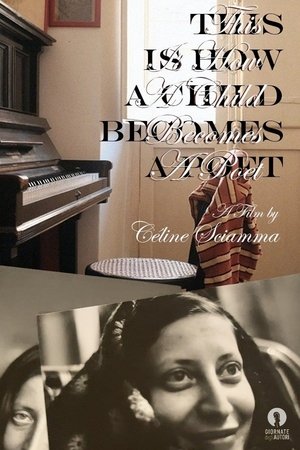 0.0
0.0This Is How a Child Becomes a Poet(fr)
The last day of Patrizia Cavalli’s home. Before it’s all gone.
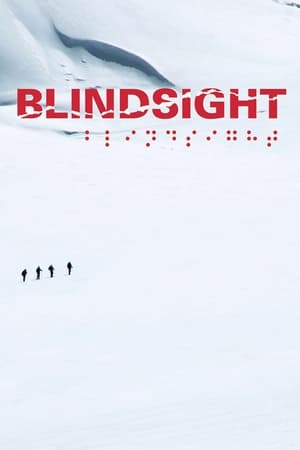 6.8
6.8Blindsight(en)
Six blind Tibetan teenagers climb the Lhakpa-Ri peak of Mount Everest, led by seven-summit blind mountain-climber Erik Weihenmayer.


